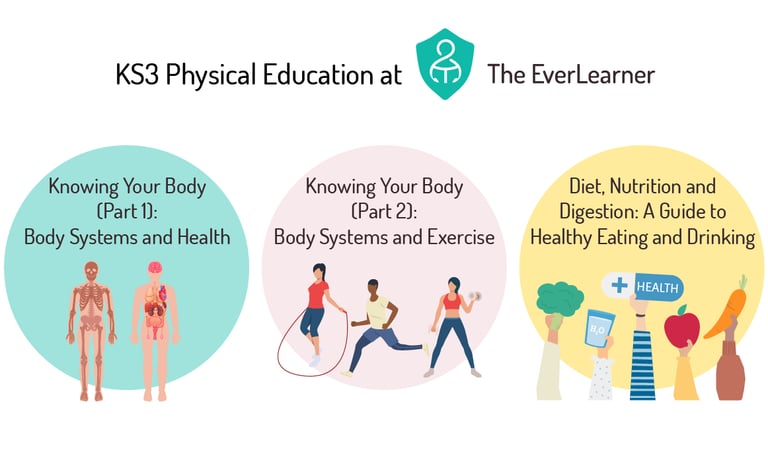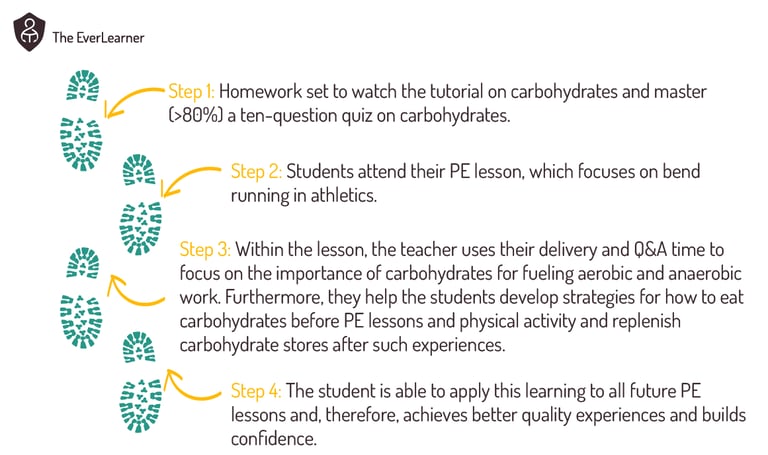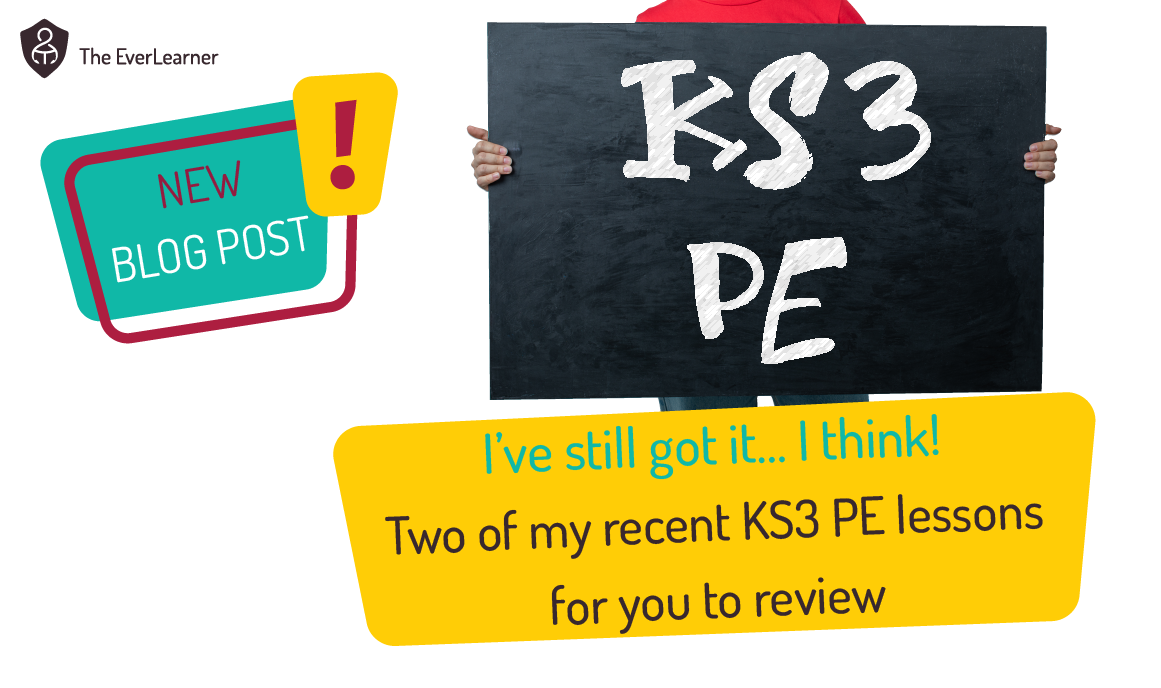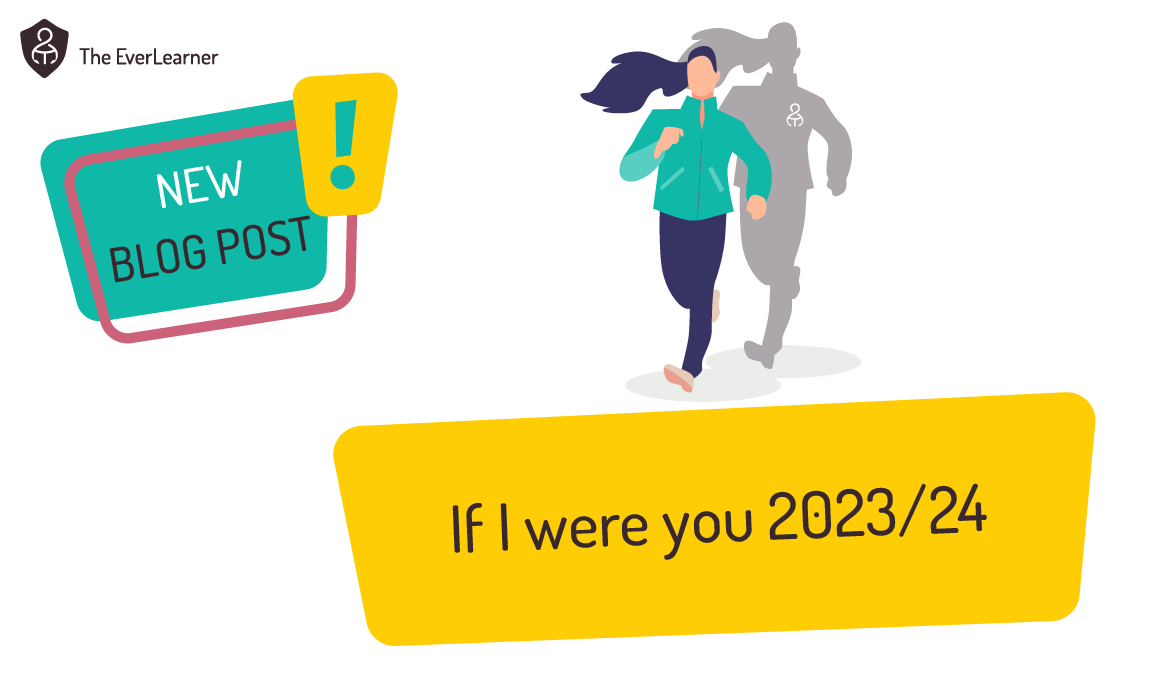Why I’m Launching KS3 PE courses on TheEverLearner
Earlier in 2022, I announced the intention of building brand-new courses for KS3 physical education. In 2020, I had previously built a KS3 PE course as part of our free COVID provision. This initial course was a series of resources thrown together quickly and essentially a mash-up of existing GCSE, BTEC and Cambridge National content. Despite the hurried nature of this provision, this content has proven very popular and has been used extensively. In fact, after the main GCSE and A-level PE courses, it is our most popular course on TheEverLearner.com.
For this reason and for many others, I have chosen to build a new KS3 PE curriculum and this curriculum will be available to schools in September 2022. The full details of what I am creating can be read here.
During this post, I want to share with you my thoughts regarding the new KS3 PE provision and address any remaining concerns that colleagues might have. For this reason, I am writing this post in a Frequently Asked Questions (FAQs) format and I encourage you to to read the sections that are most important to you.
What is contained in the KS3 PE courses?
The full course listings can be read here but I want to ensure that all readers are aware of the three courses available from September 2022. These courses are:
- Knowing Your Body Part 1 - Body Systems and Health
- Knowing Your Body Part 2 - Body Systems and Exercise
- Diet, Nutrition and Digestion - A guide to Healthy Eating and Drinking

Once this material is available, I will work to produce further courses as required by centres. Details of the possible courses I will add can be found here.
Each of these courses will be considered “short courses” and will include in the region of 15 lessons. Each lesson is taught with two primary principles in mind:
- The knowledge is scientifically accurate meaning that the teaching would achieve the rigour of any teacher including teachers from other subjects.
- The knowledge is relentlessly applied to health and physical activity.
For these reasons, the new courses have the added benefit of teaching material like scientific concepts properly but also giving those concepts a clear application. As a result, this meshes together students’ experiences in science courses and in PE and unifies both.
What is the aim of the content?
This is a very easy question for me to answer: the aim is to increase physical activity by young people and to cause this activity to endure their whole lives. In other words, the content is targeted at developing knowledge, skills and understanding that encourage or cause a young person to be active more and for longer. There is no other central aim.
Many teachers will also recognise additional values. For example, a teacher might feel that studying my courses will help students prepare for GCSE or equivalent; but this is not my primary aim. Similarly, teachers might recognise that students who typically feel that they “don’t succeed” in PE might be likely to “succeed” in my courses. Again, this has value but is not my primary aim. Every time I sit down to write lessons and quizzes, I am aiming for that content to cause a person to be more active in the immediate and long term.
When will the content be learned?
In most cases, the content on the KS3 PE courses will be used as an automated homework strategy. PE teachers will structure their KS3 PE course so that practical is taught during lesson time and theoretical concepts will be taught between lessons. Here is an example of what I anticipate:

To me, this benefit is clear. The homework task would be “clean”, as it would achieve all of the following:
- No work to produce the resources for the teacher.
- No marking to be done.
- Full diagnostics available on student achievement.
- World-class teaching and questioning via my resources.
One of the main criticisms that I have received is that students should not be learning PE theory during practical PE lessons. I agree with most of this notion and would summarise my position as:
- Theory should (*almost) never replace practical experiences at KS3.
- Theory studies between practical experiences is potentially beneficial.
- A student who understands how their body works, say, is more likely to be physically active.
*There may be a scenario where a student with a broken leg stays in the PE department on a snowy day and learns theory rather than freezing outside. This will be the exception
Now, I need to make a firm point here: part of the criticism I have received is that KS3 PE students should not learn any theory. I need to stress that I categorically disagree with this ideology. In fact, I disagree to such an extent that I am willing to state that no person, whether teacher or otherwise, has the right to tell another person what they should not learn. It is absolutely reasonable to tell a student that it would be good for them to learn concept x or idea y but it is absolutely not okay for a person to tell another that they should not learn concept x or idea y. If we do this, I would argue we are not, in fact, educators. Rather, we are ideologues with a fixed view of how the world should be. This is not cool.
I believe in providing teachers with a buffet of options of what they want their students to learn in association with their practical studies and provide the freedom and tools for those teachers to achieve that learning without any additional work on their part. I am very proud to write this.
Will learning the KS3 PE courses influence success at GCSE and A-level?
The honest answer to this question is that I don’t know. Time and analysis will lead to our capacity to answer this point. Instead, I would ask teachers to ask a slightly different question:
This is the primary question that we need to answer and the one which I consider to be my key performance indicator (KPI).
It is likely that learning the KS3 material will benefit GCSE results, say, but of far greater importance is that students will be learning material and competencies that will stimulate them to be more active and that this increased skill level may have an implication for KS4/KS5 course recruitment.
Will the KS3 PE courses boost knowledge levels amongst PE teachers?
Yes! I have taught these courses “properly”. I have taught with scientific rigour and I have not been constrained to that which we always teach in PE. For example, during my lesson on proteins, I have taught the way in which insoluble protein is digested and releases soluble amino acids which can be carried to the cell where they are synthesised into human proteins such as muscle. I have taught why this is such an important process to getting fitter (the adaptation process). It is unlikely that the majority of the PE teaching sector currently teaches these concepts and I hope that my lessons can provide stimuli for PE teachers to develop a deeper grasp of their subject domain.
If PE teachers want to grow their subject knowledge, the KS3 PE courses will provide this opportunity and I urge the sector to see this positively and as an opportunity to grow and improve.
What should a teacher do if they don’t agree with this approach?
Again, the answer to this is simple: if my model is not for you, just don’t use it. My provision is entirely optional and I never force my work on anyone as the best way or the only way to do things. Rather, I prefer to provide teachers and learners with compelling options and the tools to do things better or differently and then savour the imaginative and creative ways in which teachers achieve exactly that.
Furthermore, I urge these teachers to discuss their preferences with me publicly so that a discourse can benefit everyone. If you have an observation to make, please reach out. I guarantee you that I will value your opinion and that I will engage with you on this topic.
Thank you for reading.
Have a great day.
%20Text%20(Violet).png)


